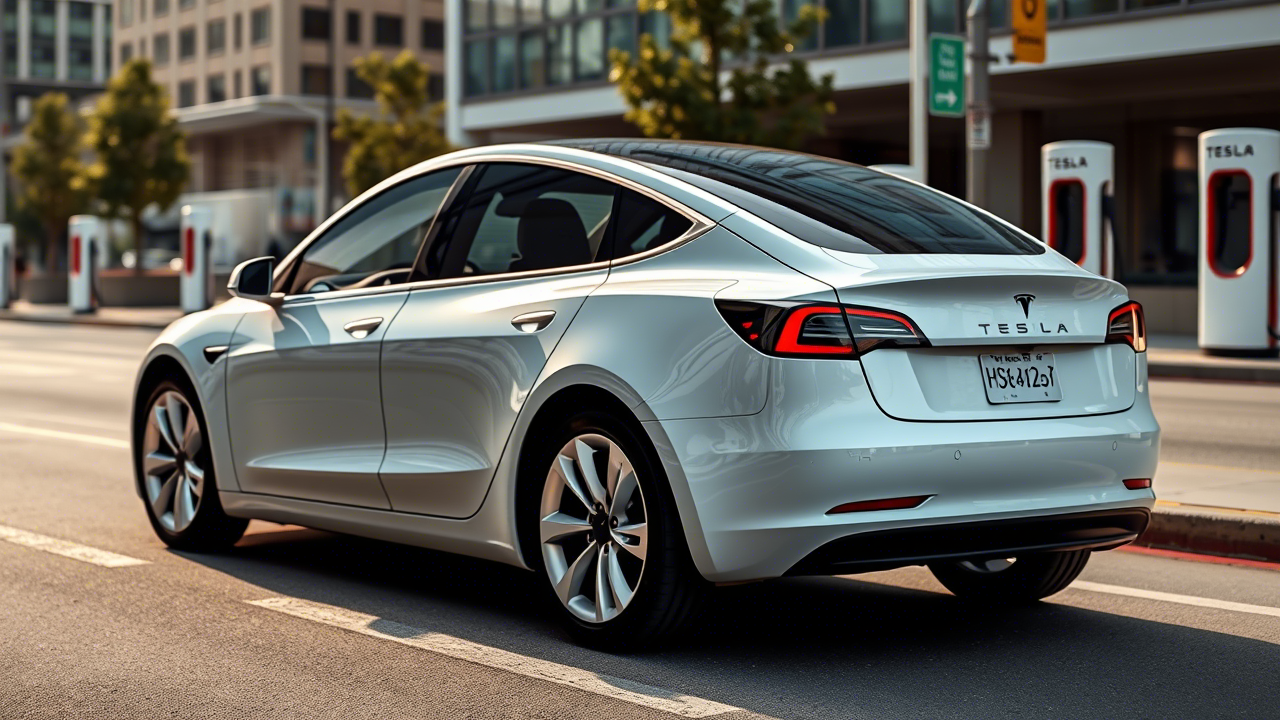One of the key benefits of owning an electric vehicle (EV) like the Tesla Model 3 is lower maintenance costs compared to traditional gas-powered cars. With fewer moving parts, no oil changes, and a simplified drivetrain, Tesla owners enjoy reduced upkeep expenses. But what does maintenance for a Model 3 actually cost? This guide breaks down routine maintenance, repair costs, and long-term ownership expenses.
Routine Maintenance Costs for Tesla Model 3
Unlike conventional cars, Tesla requires minimal routine maintenance. Here’s what to expect:
| Service | Frequency | Estimated Cost |
|---|---|---|
| Tire Rotation & Alignment | Every 6,000-10,000 miles | $35-$100 |
| Cabin Air Filter Replacement | Every 2 years | $50-$100 |
| Brake Fluid Check & Replacement | Every 2 years | $100-$150 |
| Battery Coolant Replacement | Every 4 years (Long Range & Performance) | $500-$800 |
| Wiper Blade Replacement | As needed | $20-$50 |
Key Takeaways
- No oil changes, spark plugs, or transmission fluid replacements required.
- Tesla recommends checking brake pads but due to regenerative braking, they last much longer than traditional brakes.
- Software updates help improve efficiency and safety without extra costs.
Tesla Model 3 Repair Costs
While Tesla vehicles are built with durable components, unexpected repairs can still arise. Here are common repair costs:
| Repair Type | Estimated Cost |
|---|---|
| Battery Replacement | $10,000-$15,000 (if out of warranty) |
| Touchscreen Repair/Replacement | $1,000-$1,500 |
| Glass Roof Replacement | $1,000-$2,000 |
| Door Handle Fix | $300-$500 |
| Headlight/Taillight Replacement | $300-$800 |
Tesla Warranty Coverage
Tesla offers strong warranty coverage, reducing potential repair costs:
- Basic Vehicle Warranty: 4 years / 50,000 miles
- Battery & Drive Unit Warranty: 8 years / 100,000-120,000 miles (depending on trim)
Long-Term Cost Savings
- Electricity costs are significantly lower than gas, saving around $800-$1,500 per year.
- Fewer mechanical failures due to simpler design and fewer moving parts.
- Extended battery lifespan means most owners won’t need a replacement for 10+ years.
Is Tesla Model 3 Maintenance Expensive?
Owning a Tesla Model 3 means lower maintenance costs than a gas-powered vehicle. While some repairs can be costly, the lack of routine services like oil changes and brake replacements helps offset expenses. Tesla’s warranty and over-the-air updates further reduce costs, making the Model 3 one of the most cost-effective EVs to maintain.



